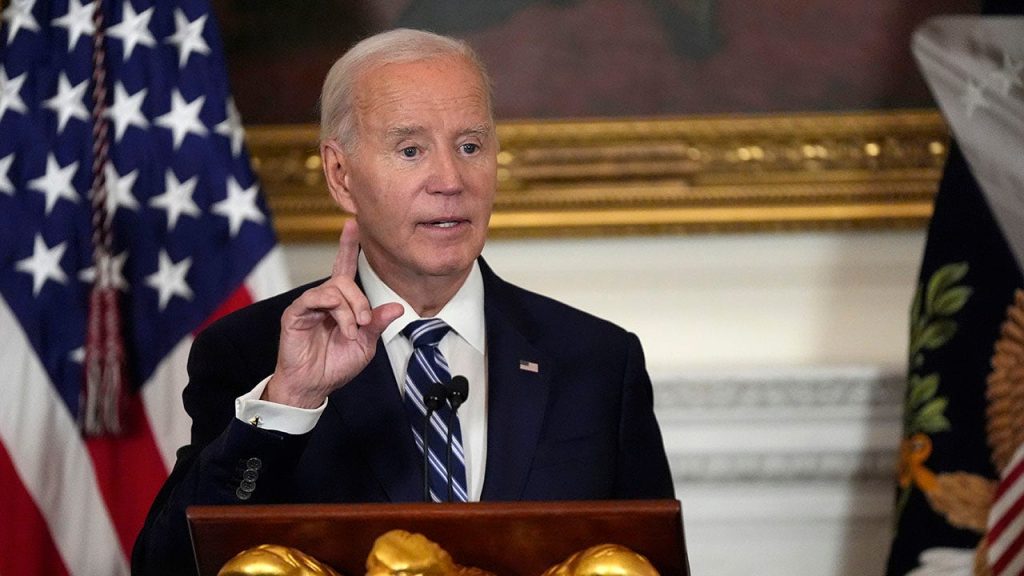In a surprising turn of events, two of the 37 federal death row inmates granted clemency by President Biden in December 2024 are rejecting the commutations of their sentences to life without parole. Shannon Agofsky, 53, and Len Davis, 60, both incarcerated at the U.S. Penitentiary in Terre Haute, Indiana, have filed emergency motions in federal court seeking an injunction to block the commutation orders. Their rationale rests on the belief that maintaining their death sentences affords them “heightened scrutiny” in their ongoing appeals, a legal principle that subjects death penalty cases to more rigorous review due to the irreversible nature of the punishment. They argue that accepting clemency would strip them of this crucial legal protection and potentially compromise their chances of overturning their convictions.
Agofsky, convicted in the 1989 murder of an Oklahoma bank president and the 2001 killing of a fellow inmate, contends that the commutation would undermine his active litigation, creating an “undue burden” and a “fundamental unfairness.” He is currently challenging aspects of the charges in the inmate’s death and seeking to establish his innocence in the original bank robbery and murder case. His wife, Laura Agofsky, revealed that he had previously declined to pursue a commutation through official channels, preferring to retain the legal advantages associated with a death sentence appeal. She believes evidence exists to prove his innocence and that a commutation, while sparing his life, would solidify the label of “cold-blooded killer.”
Davis, a former New Orleans police officer, was convicted in connection with the 1994 murder of Kim Groves, a woman who had filed a complaint against him for allegedly beating a teenager. He argues that maintaining his death sentence draws attention to alleged misconduct within the Justice Department, and that accepting the commutation would hinder his efforts to expose these purported injustices. He has consistently maintained his innocence and questioned the jurisdiction of the federal court in his case, claiming that the charges against him were based on civil rights violations rather than state-level offenses.
Both Agofsky and Davis acknowledge the legal ambiguity surrounding their position. While they believe maintaining their death sentences offers a strategic advantage in their appeals, existing case law, including a 1927 Supreme Court ruling, affirms a president’s right to grant clemency even without the convict’s consent. Their filings emphasize that they never requested commutation and are actively fighting to retain their original sentences. They’ve also requested the court to appoint co-counsel to assist in their legal challenge against the commutations.
President Biden’s decision to commute the sentences of 37 federal death row inmates in his final month of his first term reflected his stated opposition to capital punishment. He cited his “good conscience” as the reason for preventing the resumption of federal executions under a potential future administration. However, the unexpected resistance from Agofsky and Davis introduces a complex legal wrinkle into the clemency process, highlighting the tension between executive prerogative and individual legal strategy within the death penalty system. Their cases raise questions about the perceived value of heightened scrutiny in death penalty appeals and the extent to which inmates are entitled to maintain a death sentence even when offered a reprieve.
The backdrop to this situation is the highly charged political climate surrounding capital punishment in the United States. While the Biden administration instituted a moratorium on federal executions, the potential for their resumption under subsequent administrations remains a significant concern for death penalty opponents. Agofsky and Davis’s cases highlight the intricate legal maneuvering that often accompanies death penalty appeals, where strategic considerations can sometimes outweigh the immediate benefit of a reduced sentence. Their actions also underscore the deeply personal and often conflicting motivations of those facing execution, as they grapple with the difficult choice between accepting life imprisonment and pursuing a potentially protracted and uncertain legal battle to overturn their convictions.


